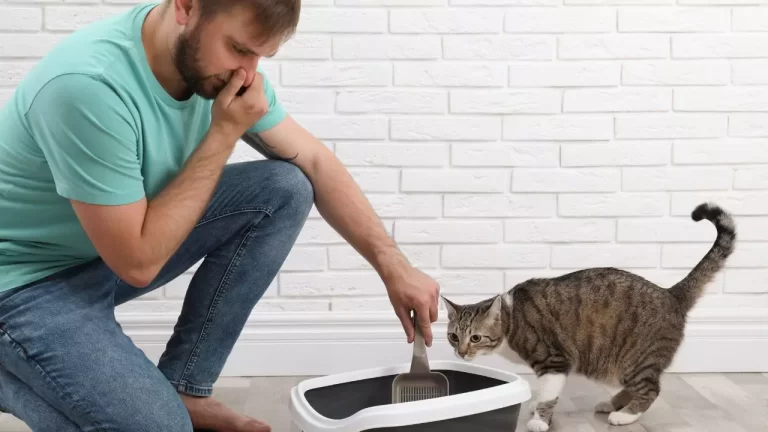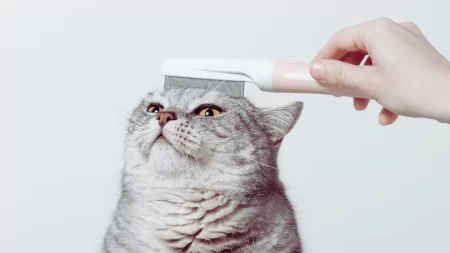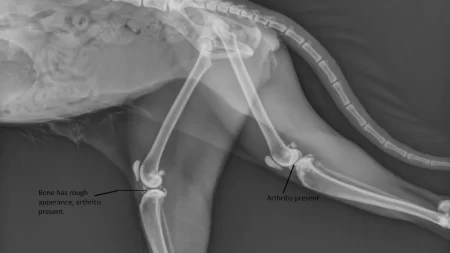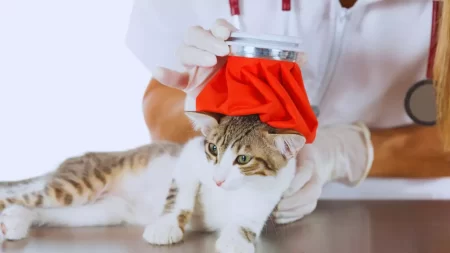Cat poop smells so bad primarily because cats are carnivores, and their digestive systems are designed to efficiently break down proteins and fats. As a result, their feces contain higher concentrations of protein and fat compared to other animals, leading to a more pungent odor. This heightened smell is a natural outcome of their diet and digestive processes.
Causes of Smelly Cat Poop
Several factors contribute to smelly cat poop, ranging from dietary choices to health problems. Let’s delve into the most common culprits:
Diet
The primary source of fuel for your feline friend can significantly impact their waste’s fragrance. Low-quality food packed with fillers and additives is harder to digest, leading to smellier output. Sudden dietary changes can also upset their sensitive stomachs, causing temporary odor issues.
Digestive Disorders
Just like humans, cats experience digestive problems like inflammatory bowel disease, which can manifest in foul-smelling stools.
Bacteria
The delicate balance of gut bacteria plays a crucial role in digestion. An imbalance can lead to an overgrowth of odor-producing bacteria, making the kitty’s business reek.
Parasites
Uninvited guests like roundworms and coccidia can wreak havoc on your cat’s digestive system, resulting in smelly poop and other unpleasant symptoms.
Medications and Supplements
Certain medications and supplements can disrupt gut flora, impacting stool odor. Always discuss potential side effects with your veterinarian before administering anything new.
Anal Gland Infections
Cats have scent glands near their anus that can become impacted or infected, causing a strong, unpleasant odor that clings to their poop.
Litter Choice
Believe it or not, even litter plays a role! Using low-quality or poorly scented litter can’t keep up with the odor, allowing it to permeate the air.
Individuality
Just like humans, some cats naturally have smellier poop than others. This can be due to genetics or simply their unique gut microbiome.
How to Identify the Cause of Smelly Cat Poop?
So, how do you figure out what’s causing your cat’s particularly pungent poop? Pay close attention to any changes in their diet, behavior, or stool consistency. If the odor persists or comes with other symptoms like vomiting, diarrhea, or weight loss, consult your veterinarian for a proper diagnosis.
Solutions for Smelly Cat Poop
Combating the stench requires addressing the underlying cause. Here are some steps you can take:
- Adjusting Diet: Opt for high-quality cat food with easily digestible ingredients. Talk to your vet about dietary recommendations specific to your cat’s needs.
- Treating Digestive Disorders: Your veterinarian can diagnose and treat any underlying digestive problems with appropriate medication or dietary changes.
- Medications and Supplements: If medication is causing the odor, discuss alternative options with your veterinarian.
- Maintaining Clean Litter Box: Scooping waste promptly and regularly changing the litter are crucial for odor control. Choose a high-quality, absorbent litter with effective odor control.
- Seeking Veterinary Advice: Don’t hesitate to seek professional help if the problem persists or worsens. Your veterinarian can diagnose any underlying health issues and recommend the best course of action.
Remember, a little detective work and proactive measures can make a big difference in keeping your cat’s poop (and your home) smelling fresh!







